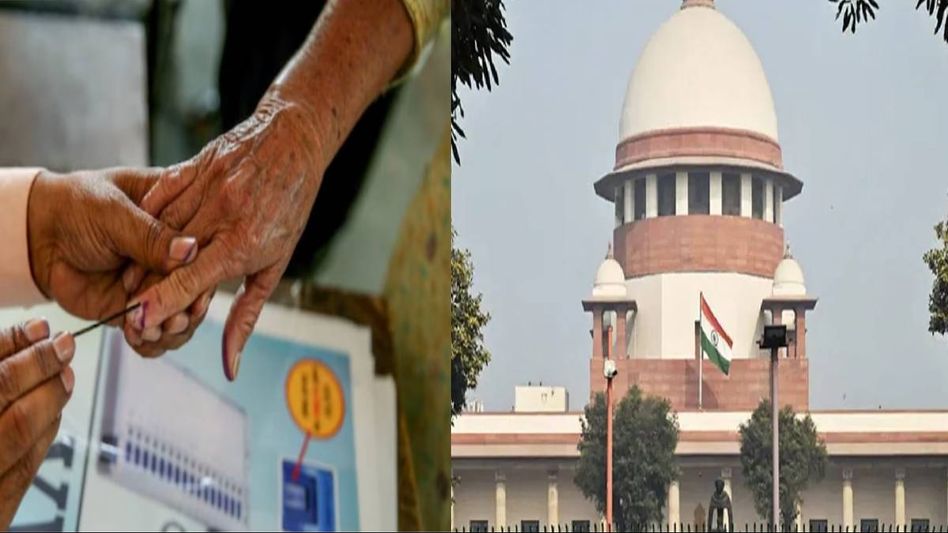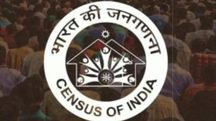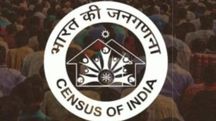What are electoral bonds? What is the argument against poll funding?
Electoral bonds, introduced in 2018, are financial instruments that act as promissory notes or bearer bonds, purchasable by individuals or companies from designated banks. These bonds are then presented to political parties, which can redeem them for funds and donations.
 What are electoral bonds? What is the argument against poll funding?
What are electoral bonds? What is the argument against poll funding?The Supreme Court of India is set to pronounce its verdict on a series of petitions challenging the legal validity of the electoral bonds scheme, a mechanism that allows anonymous funding to political parties. The eagerly awaited judgment will be announced on February 15 by a bench headed by Chief Justice of India DY Chandrachud.
Electoral bonds, introduced in 2018, are financial instruments that act as promissory notes or bearer bonds, purchasable by individuals or companies from designated banks. These bonds are then presented to political parties, which can redeem them for funds and donations.
The scheme was hailed as a move towards transparency in political funding, aimed at reducing the use of cash donations. However, its validity has been hotly debated, leading to a flurry of petitions in the Supreme Court.
A five-judge constitutional bench, presided over by CJI Chandrachud, had earlier expressed interest in exploring alternative funding systems for political parties, highlighting perceived flaws in the current scheme.
Under the electoral bonds scheme, only political parties registered under Section 29A of the Representation of the People Act, 1951, and those securing at least 1% of the votes polled in the last elections are eligible to receive these bonds.
The case has seen intense arguments from both sides. Petitioners, including political parties and NGOs, have raised concerns about the scheme's impact on transparency and its potential to facilitate corruption. They argue that the anonymity of donors could lead to misuse of funds and pose a threat to democratic principles.
On the other hand, the government has defended the scheme, asserting that it promotes transparency and serves as a check against the use of illicit money in elections. They argue that electoral bonds offer a legitimate means for companies and individuals to contribute to political parties without fear of reprisal.
Copyright©2025 Living Media India Limited. For reprint rights: Syndications Today









